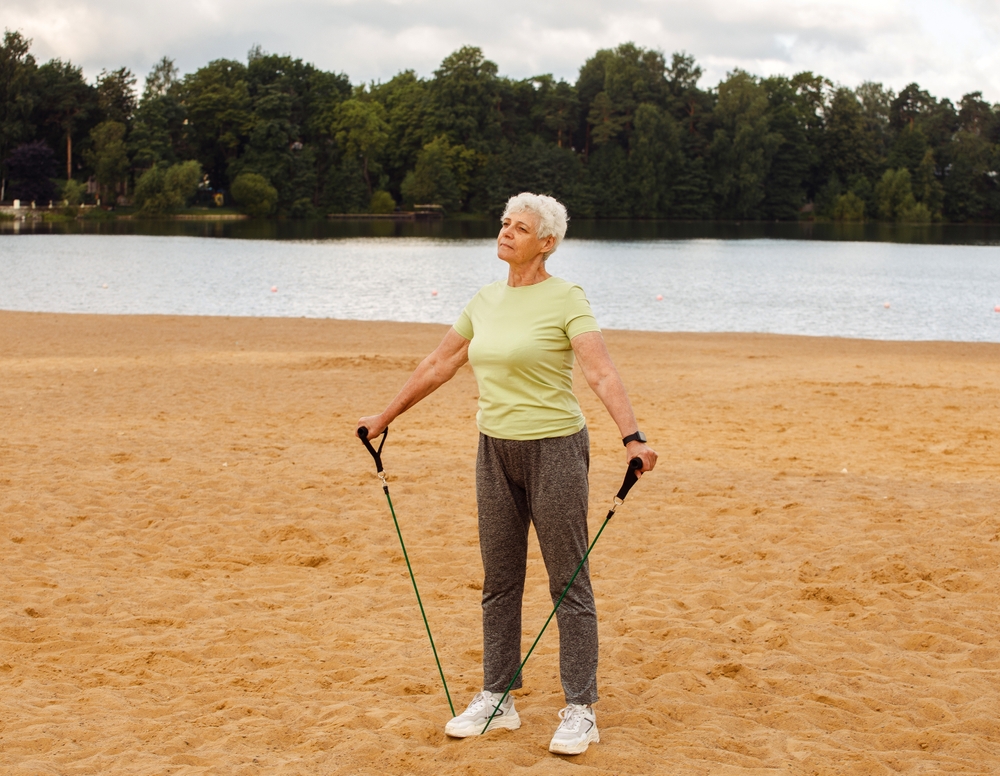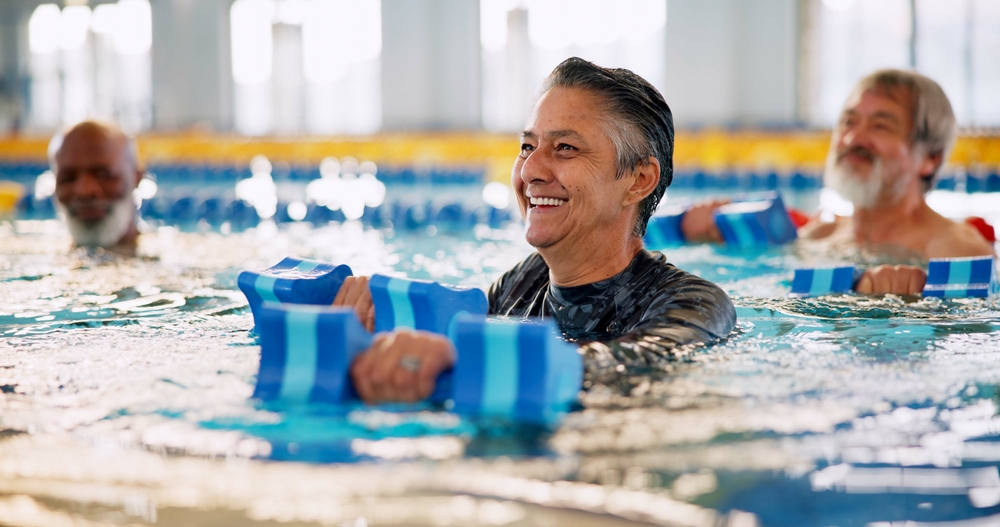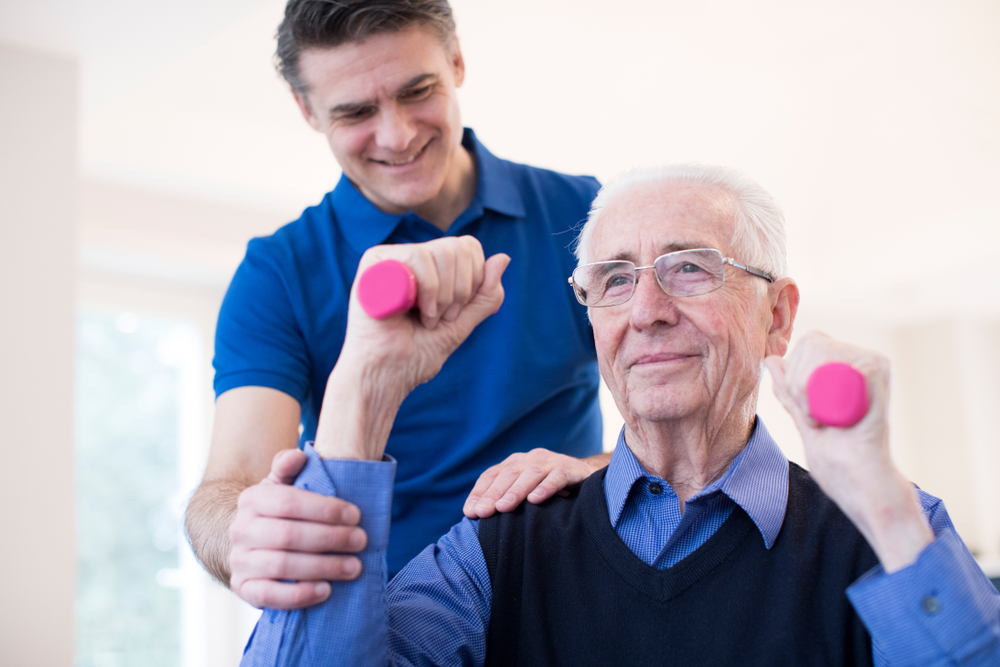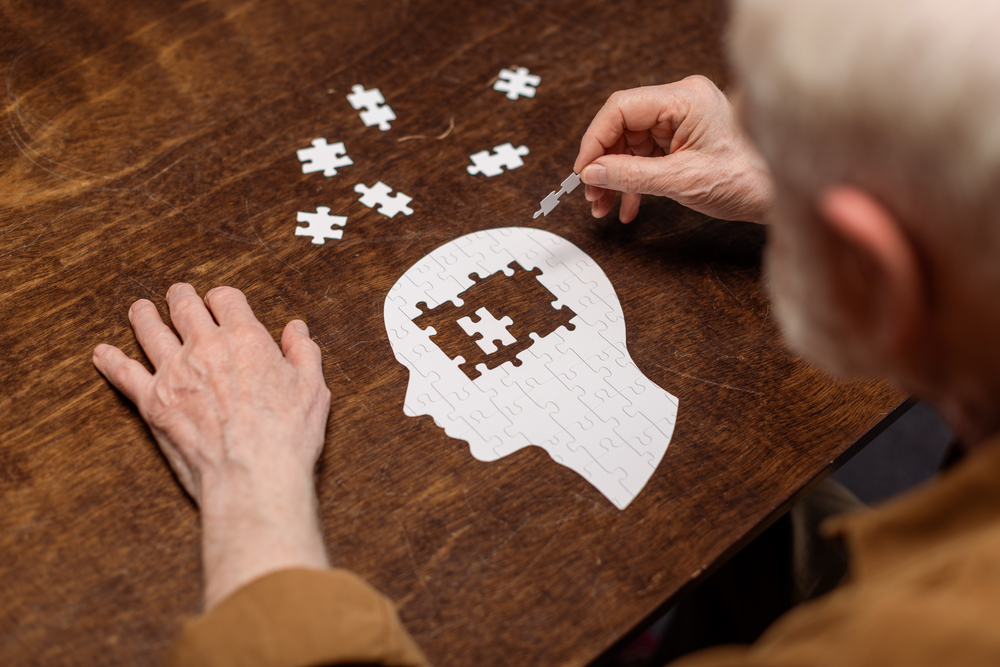Make an Appointment
As dementia progresses, individuals often face significant challenges in mobility, balance, and overall functional independence. In aged care, the innovative application of physiotherapy can make a substantial difference. By embracing cutting-edge techniques and technologies, physiotherapists are redefining dementia care, helping to reduce falls, manage pain, and improve the quality of life for seniors. This blog explores how innovative physiotherapy approaches are transforming aged care for individuals with dementia, emphasising the critical role physiotherapists play in delivering client-centred, effective interventions.

Understanding Dementia Aged Care
What is Dementia Aged Care?
Dementia aged care encompasses the specialised support and interventions designed for older adults living with dementia. It addresses not only cognitive decline but also the physical challenges that come with ageing and chronic conditions. The goal is to create an environment that promotes safety, independence, and dignity while managing the progressive nature of dementia.
Key Challenges in Dementia Aged Care
Reduced Mobility and Balance:
Cognitive decline can contribute to impaired motor skills and increased risk of falls.
Chronic Pain and Stiffness:
Aged care residents with dementia often experience joint stiffness and chronic pain, exacerbated by cold weather or inactivity.
Environmental Hazards:
Cluttered or inadequately adapted living spaces can increase the risk of accidents.
Emotional and Social Isolation:
Difficulties with communication and mobility may lead to reduced social interaction, affecting emotional well-being.
Addressing these challenges through innovative physiotherapy approaches can help mitigate risks and enhance daily functioning for individuals with dementia.

The Evolving Role of Physiotherapists in Dementia Care
Physiotherapists are at the forefront of modern dementia aged care. Their role has evolved from traditional exercise prescription to include a broad range of innovative strategies aimed at maintaining and improving function in the face of cognitive decline.
Key Contributions of Physiotherapists
Fall Prevention and Balance Training:
Using advanced balance exercises, gait analysis, and proprioceptive training, physiotherapists work to reduce the risk of falls—a major concern in aged care.
Pain Management:
Through manual therapy, targeted exercises, and modalities like hydrotherapy and heat treatment, physiotherapists alleviate chronic pain and stiffness.
Functional Mobility Enhancement:
They design exercises that mimic everyday tasks, enabling clients to perform daily activities more safely and confidently.
Technology Integration:
The use of telehealth, mobile physiotherapy, and sensor-based monitoring allows physiotherapists to deliver personalised care even remotely, ensuring continuous support.
By adopting these innovative techniques, physiotherapists not only improve physical function but also enhance overall well-being, empowering individuals with dementia to maintain greater independence.

Innovative Physiotherapy Approaches in Dementia Aged Care
Modern physiotherapy for dementia aged care incorporates a range of innovative approaches that extend beyond traditional exercise regimens. Here are some cutting-edge strategies making a difference:
1. Telehealth and Remote Monitoring
Telehealth services allow physiotherapists to conduct virtual consultations, monitor progress, and adjust exercise programs remotely. Advanced sensor-based systems can track a client’s movement, balance, and activity levels in real time.
Benefits:
- Enhanced Access:
- Clients receive expert care without the need to travel, which is especially beneficial for those with mobility challenges.
- Continuous Support:
- Remote monitoring enables real-time adjustments to treatment, ensuring that care is dynamic and responsive.
- Convenience:
- In-home consultations make it easier to integrate physiotherapy into daily routines, reducing disruption and stress.
Learn more about telehealth innovations in physiotherapy at NDIS – Telehealth.
2. Mobile Physiotherapy Services
Mobile physiotherapy brings high-quality care directly to clients’ homes. This approach ensures that therapy is accessible, convenient, and tailored to the client’s real-world environment.
Benefits:
- Reduced Travel Stress:
- Clients receive treatment in the comfort of their own homes, eliminating the need for travel.
- Personalised Environment Assessment:
- Therapists can assess home layouts and recommend modifications to enhance safety and accessibility.
- Increased Consistency:
- Regular in-home sessions help maintain continuity in care and promote sustained improvements.
3. Sensor-Based and Virtual Reality Training
Innovative technologies such as sensor-based systems and virtual reality (VR) provide immersive, interactive exercise experiences. These tools can simulate real-life scenarios, helping clients practice balance, coordination, and mobility in a controlled environment.
Benefits:
- Enhanced Engagement:
- Interactive training makes therapy sessions more enjoyable and motivating.
- Objective Feedback:
- Sensor data provides precise measurements of balance and movement, allowing for data-driven adjustments to therapy.
- Safe Practice:
- VR environments offer a safe space to practice challenging movements without the risk of injury.
Explore advances in VR and sensor-based training at Australian Institute of Health and Welfare.
4. Advanced Fall Prevention Programs
Fall prevention programs that incorporate advanced balance and strength exercises, combined with environmental assessments, can dramatically reduce fall risk. These programs often use specialised equipment and tailored exercises to address individual balance deficits.
Benefits:
- Improved Stability:
- Focused balance and strength training reduces the risk of falls.
- Confidence Building:
- As clients experience improved stability, their confidence in navigating their environment increases.
- Customized Interventions:
- Programs are tailored to address the specific risks and challenges faced by each client.
5. Collaborative, Multidisciplinary Care
While physiotherapy is critical, its effectiveness is enhanced when combined with other allied health services. Integrated care plans ensure that interventions are consistent and complementary across disciplines, leading to improved overall outcomes.
Benefits:
- Unified Treatment Goals:
- Collaborative care ensures that all therapies work together towards common objectives.
- Holistic Support:
- Integrated interventions address both physical and functional needs, creating a comprehensive support system.
- Enhanced Communication:
- Consistent communication among allied health professionals leads to better, more cohesive care.
Learn more about multidisciplinary approaches in aged care at Australian Psychological Society.

Frequently Asked Questions
How do innovative physiotherapy approaches benefit individuals with dementia in aged care?
Innovative approaches such as telehealth, mobile physiotherapy, and sensor-based training provide accessible, engaging, and effective interventions that improve mobility, reduce pain, and enhance overall quality of life.
What is the role of physiotherapy in fall prevention for seniors with dementia?
Physiotherapy focuses on balance, strength, and gait training to reduce the risk of falls—a critical concern for seniors with dementia. Advanced fall prevention programs further help to create a safer living environment.
How do mobile physiotherapy services work?
Mobile physiotherapy brings personalised, expert care directly to your home, eliminating the need for travel and ensuring that therapy is integrated into your daily routine. This service is especially beneficial for individuals with limited mobility.
What technologies are being used in innovative physiotherapy?
Technologies such as telehealth platforms, sensor-based monitoring systems, and virtual reality training are used to provide objective feedback, enhance engagement, and simulate real-life scenarios for more effective rehabilitation.
How do physiotherapists collaborate with other allied health professionals?
Physiotherapists work closely with occupational therapists, exercise physiologists, and other specialists to create integrated treatment plans that address all aspects of a client’s rehabilitation needs, ensuring a cohesive and holistic approach.

Conclusion
Innovative physiotherapy approaches are revolutionising dementia aged care by providing tailored, effective interventions that enhance mobility, reduce falls, and improve overall quality of life. By embracing advanced technologies, such as telehealth, mobile services, sensor-based monitoring, and virtual reality training, physiotherapists deliver care that is not only accessible but also highly personalised. This integrated approach, when combined with collaborative care from other allied health professionals, empowers individuals to maintain independence and reduces the reliance on carers.
If you or a loved one is looking to benefit from these innovative approaches, now is the time to act.

Take the Next Step:
If you’re ready to explore how innovative physiotherapy can transform dementia aged care, contact us today to book an appointment or make a referral. To learn more about our comprehensive services, please explore:
Embrace a future of enhanced independence

Date Published: Friday, March 28, 2025
Locate a Stroke Rehabilitation Physiotherapy
Service Near me
Get the experience & convinence you deserve to support your or a loved one's allied health needs.
Our Stroke Rehabilitation Physiotherapy team are currently serving & taking appointments in the following states and regions in Australia:
Need to get into direct contact with ur Client Services team? We're all ears. Call our team directly on 1300 731 733















